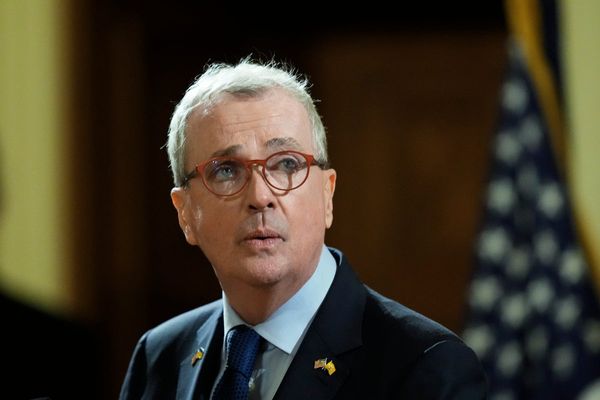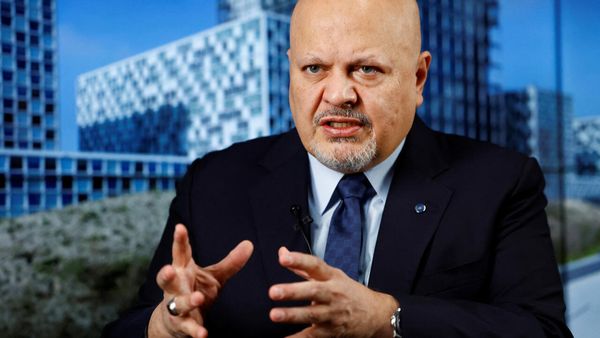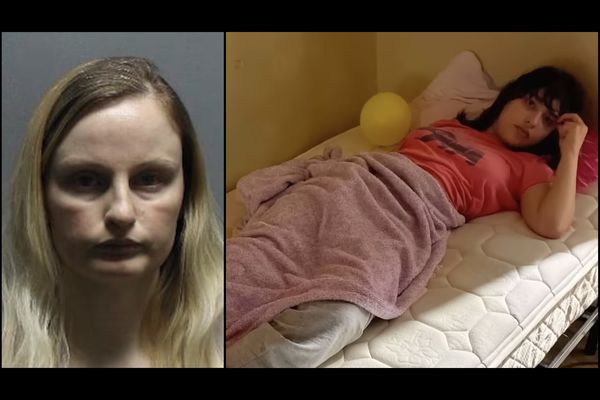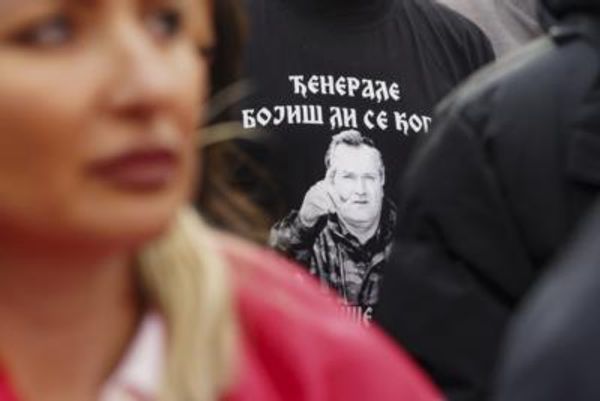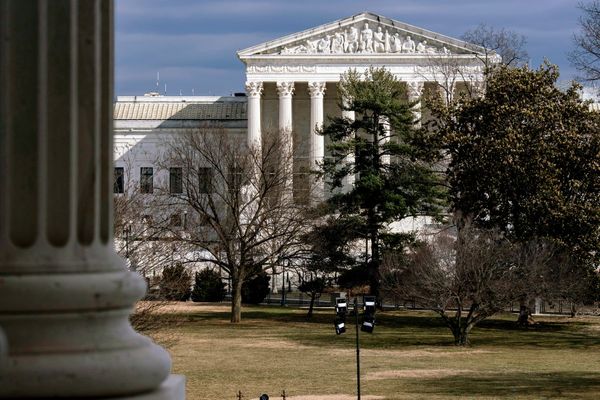
The 10 Thai hostages released on Friday are now being supervised in an Israeli hospital, the Thai government has said, adding that a further 20 of its nationals are still being held hostage.
In a statement, Thailand’s ministry of foreign affairs said the 10, who were among 24 hostages freed on Friday hours after a ceasefire was implemented, were now being accompanied by embassy officials and were staying at Shamir medical centre, south-east of Tel Aviv.
Images of those freed, released by the Thai government, show them smiling beside medical staff at the hospital. They include nine men and one woman.
The news of their release has been met with joy and relief by relatives. “We are all very happy. Everybody is crying,” said Rungarun Wichangern, whose brother Vetoon Phoome, 33, was released. He had been working on a potato and pomegranate farm near Gaza.
She said she had spoken to him by video call. “I was crying at first, but he said: ‘Don’t worry, don’t cry’. Physically he looked OK, and I think mentally as well because he was smiling,” she said. He said he had not been tortured, she added.
The family of Santi Boonphrom, who was also released, told Thai media they were overjoyed. His wife, Kanyaporn Raektaisong, 35, told the Thai outlet Matichon she had prayed repeatedly for his release, and her son had become a monk for 15 days.
“I want to hear my husband’s voice, saying that he’s boarding [a plane to return]. We will go to the airport to pick him up. I will make canned fish stir-fry, his favourite dish. I will do whatever to make him happy,” said Kanyaporn, who lives in Buriram, north-east Thailand.
Santi’s mother, Nuanchan Chanjonm, 68, said she had cried every night waiting for his return, and was happy to know he was safe.
The Thai prime minister, Srettha Thavisin, thanked all parties who had helped to secure the group’s freedom and called for the release of the remaining “innocent Thai hostages as soon as possible”.
The other hostages freed on Friday included 13 Israelis and a Philippine national.
The Philippine president, Ferdinand Marcos, said on X he was “overjoyed” to confirm that Gelienor “Jimmy” Pacheco had been freed. Pacheco, 33, was working as a carer when he was captured by Hamas during the 7 October attacks.
Marcos said another Philippine national, Noralyn Babadilla, remained missing. “[We] are sparing no effort to locate and secure her if she is indeed found to be one of the hostages,” he said.
The Thai ministry of foreign affairs said a further 20 Thai nationals were still being held – an increase on the previous estimate, as four of the people released on Friday had not been officially confirmed as hostages.
The ministry said the group released on Friday would stay at the hospital for at least 48 hours, while the royal Thai embassy arranged their travel back to Thailand. It confirmed that a previous report suggesting 12 Thais had been released was incorrect.
“We sincerely hope that the remaining hostages will be treated humanely and released safely as soon as possible,” the ministry said.
Before the war, 30,000 Thai workers were employed in the agriculture sector in Israel, with about 5,000 working in areas close to the Gaza Strip. Many Thais from poorer, rural areas move to Israel to earn higher wages. The Israeli government has said they make up the biggest group of foreign people killed or missing in the Hamas attacks.
According to the Thai government, 39 of its nationals have been killed, while three people remain in hospital.
The release of Thai nationals on Friday followed weeks of negotiations by the Thai government, which has met officials in Qatar and Egypt, as well as meeting for two hours with Hamas in Tehran. It had also received support from neighbouring Malaysia, which is a vocal supporter of Palestine and does not have diplomatic relations with Israel.
The 10 Thais freed were taken to Rafah, then to the Kerem Shalom crossing, before being transported to a processing point at Hatzerim air force base, according to the Thai government.
On Saturday, Thailand thanked governments and other organisations that helped secure the first group’s release, saying: “The Thai government would like to express, once again, its deepest appreciation to all of the parties from whom the Thai authorities had sought assistance and support, such as the governments of Qatar, Israel, Egypt, Iran, Malaysia and the ICRC [International Committee of the Red Cross], as well as others involved in the immense efforts that led to this recent release.”
